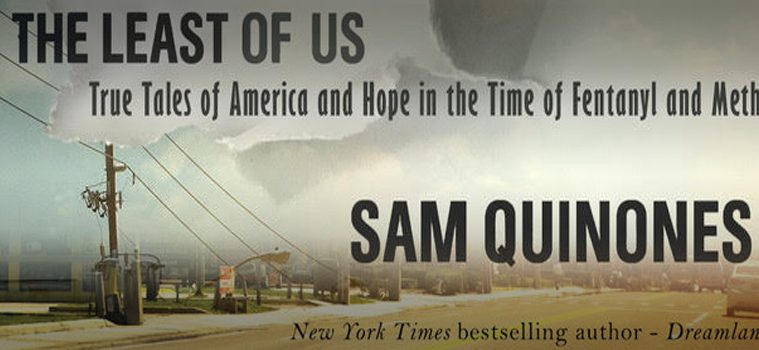BODIES ON THE SHORE OF DESPAIR –
Oct. 28, 2021 – Quinones has been on this beat for years. In 2015′s “Dreamland: The True Tale of America’s Opiate Epidemic,” Quinones outlined an innovative heroin distribution system run by a not-quite-affiliated group of independent franchisees who mostly hailed from a region of the tiny Mexican state of Nayarit. He called them the Xalisco Boys. All across the country, they delivered heroin “like pizza” — on demand, in tiny little balls carried in balloons they held inside their mouths. You might have seen their names on art museum wings and medical schools (including at Harvard and Tufts, among many others), or you might have read Patrick Radden Keefe’s “Empire of Pain,” a fuller account of the family’s malfeasance. But before their names came off those buildings, before Keefe’s book was published, before much of the country had heard of the Sackler family — a pox on all of their (many, expensive) houses — Quinones was on the case.
He documented how the Sacklers through their company, Purdue Pharma, aggressively exploited the late-70s/early-80s movement in health care to treat pain as “the fifth vital sign.”
I bring up “Dreamland” at some length here because “The Least of Us” is very much a continuation of Quinones’ work in the earlier book: “When the addicts grew tolerant to fentanyl’s towering potency, simple heroin was too weak to prevent withdrawal. By the time I was finishing this book, heroin had all but disappeared from many areas of the United States — replaced by fentanyl from Seattle to New England.”



